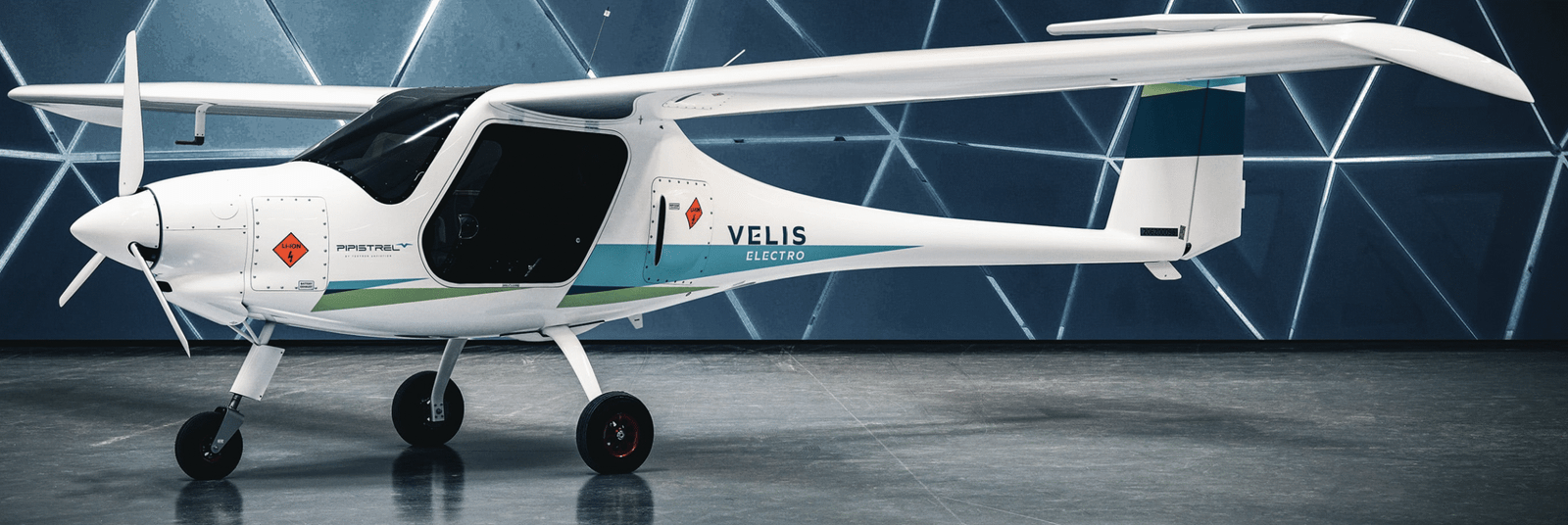Timeline & Certification
- First flight of the electric prototype took place on 22 August 2014
- EASA type certification was granted on 10 June 2020, making it the world’s first fully electric aircraft to do so under the CS-LSA framework
- The first production unit rolled out 16 July 2020 to a Swiss operator, launching commercial deliveries
Unique Features
- World‑First Type‑Certified Electric Trainer
- Built on the proven Virus airframe (designated Virus SW‑128), it uses the Pipistrel E‑811 liquid‑cooled electric motor and dual battery system
- Power & Propulsion
- The E‑811 motor delivers 57.6 kW (≈77 hp) for take‑off and ~49 kW for continuous cruise
- Twin liquid‑cooled lithium battery packs (~11–12 kWh each), mounted front and rear, deliver up to ~50 min endurance plus VFR reserves; recharges in 1–2 hours.
- Quiet & Clean Performance
- Emits zero CO₂ in flight and operates at around 60 dBa, comparable to a normal conversation—ideal for operations near urban areas and optimizing flight training flexibility
- Pilot‑Friendly & Low Op‑Costs
- Simpler controls, minimal engine complexity, and electric power make it easy to operate.
- Operating costs are low—around £5/hour compared to ~£100/hour for traditional trainers
- Health‑Monitoring & Safety Engineering
- Features integrated health‑monitoring systems for battery “age” and state of charge.
- Built with fault‑tolerant, dual‑battery architecture and certified electric drivetrain
- Backed by Real‑World Records & Recognition
- In late 2020, it set multiple efficiency and endurance records on Swiss flights (e.g., ~839 km in 56 h)
- Winner of multiple awards, including Plane & Pilot’s 2020 “Plane of the Year” and the 2021 AIAA Aircraft Design Award
Pipistrel Velis Electro Data
- Aircraft Type: Fixed Wing
- Number of Propellers: 1
- Diameter of Propeller: 1.64 m
- Powerplant: 57.6 kW electric motor
- Energy Source: Battery (li‑ion)
- Aircraft Weight (Empty): 428 kg
- Maximum Takeoff Weight: 600 kg
- Payload: 172 kg
- Range: ~80 km (approx. 50 min endurance at cruise)
